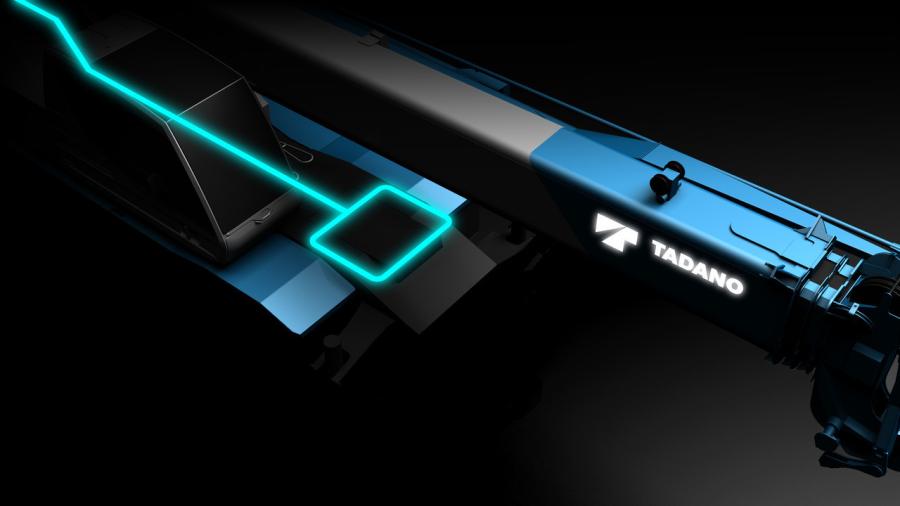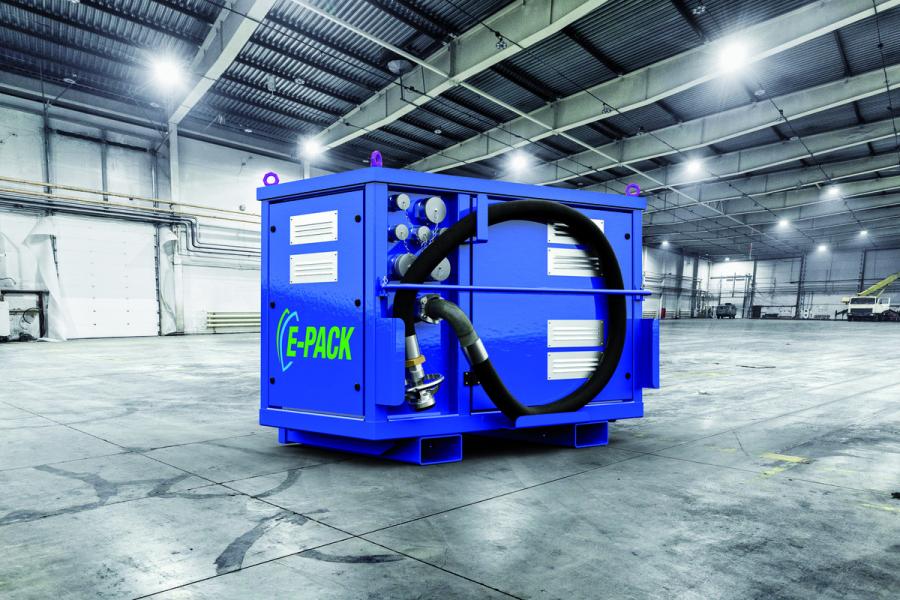
Wed April 13, 2022
Tadano
As a critical next step in achieving the Tadano Group's long-term environmental targets, Tadano Ltd. announced its plans to commercialize the world's first electric rough terrain crane.
Currently in development, the crane will be able to drive to the job site and complete all lifting operations using battery/electric, rather than diesel power to deliver zero-emissions operation.
Beyond environmentally friendly operation, the electric motor of this rough terrain crane promises to emit lower noise when operating. This will result in significant advantages for customers when working in congested urban areas with noise ordinances, completing lift projects at night and operating indoors.
Tadano currently is working with a variety of industry suppliers and partners and targets commercialization of the new electric rough terrain crane in late 2023.
Operating More Sustainably
In April 2021, the Tadano Group announced long-term environmental targets, which include 25 percent reduction in CO2 emissions from business activities and 35 percent reduction in CO2 emissions from product use by 2030, and, even more importantly, achieving net zero carbon emissions by 2050.
Working toward these targets, the company has gathered all of its sustainable solutions under the name Tadano Green Solutions (TGS). Combined with lifting technology, the innovations introduced under TGS will contribute not only to sustainability but also to operating safety, quality and efficiency.

Introducing the world's first electric powered rough terrain crane is the next evolutionary step in meeting the company's environmental targets.
Most of the crane equipment on the market today consumes diesel fuel to operate. For many models, the engine and drivetrain are required to both propel the crane to the jobsite and power the hydraulics used to lift loads. Diesel fuel is burned in the process, generating CO2 emissions.
Under the banner of TGS, electrification of the rough terrain crane product line is one of the key efforts for lowering product emissions. Other mainstay TGS initiatives include the Tadano E-Pack and the ability of most cranes manufactured by Tadano in Europe to be operated with reduced-emissions fuels like hydrotreated vegetable oil (HVO) without modification.
Tadano's E-Pack solution is currently available in Europe, and soon it will be available in Japan. The E-Pack allows crane operation without starting the engine. This electrohydraulic system quickly connects to the crane to deliver the ultimate in zero-emission and low-noise operation. E-Pack's intelligent electric motor control system ensures efficient power use at a lower operating cost versus diesel-powered cranes.

"In the spirit of greater harmony, Tadano contributes to a better global environment as a part of the surrounding society. We have set aggressive goals for lowering both operational and product emissions, and we will partner with industry leading companies to attain those goals," said Toshiaki Ujiie, president, CEO and representative director of Tadano Ltd.
"In conjunction with previous product innovations to lower CO2 emissions, we are excited to introduce the first battery/electric rough terrain crane, which will be a key driver for our goal of 35 percent reduction in product CO2 emissions by 2030."
 Cranes Equipment
Cranes Equipment Articles
Articles Email Updates
Email Updates Sell Your Machines
Sell Your Machines

 Cranes Equipment
Cranes Equipment Cranes Dealers
Cranes Dealers Cranes Articles
Cranes Articles Email Updates
Email Updates Sell Your Machines
Sell Your Machines